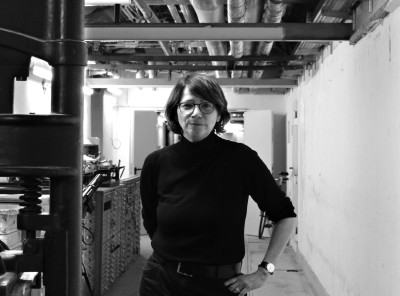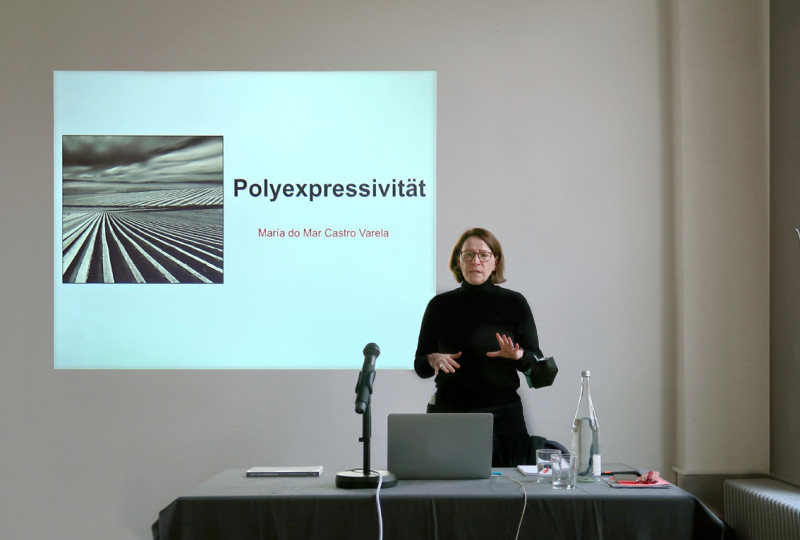- Lecture
Polyexpressivität
Reflecting on language and communication
The purity of language is a phantasm with many consequences. Standard German, for example, was first only a written language, while the concept of language variety hides the fact that the diversity and movement of languages is natural, while the standard language as a yardstick is a violent act of demarcation. Multilingualism and the counting of languages is therefore not coincidentally reminiscent of colonial mapping.
Translanguaging, on the other hand, as a concept describes how speakers resort to a whole repertoire of expressive possibilities (diverse languages, gestures, facial expressions, etc.) for communication. According to Ofeli Garcia and Li Wei, they always do this strategically, adapting fluidly to different situations. Translanguaging points to the cunning and performativity of communicative behavior. Heterolinguality, as formulated by Naoki Sakai, sees translation as the common language of the future. The call for acceptance of multilingualism by migration policy seems bland in light of considerations of translanguaging and heterolingualism.
The lecture argues for the affirmation of polyexpressivity. Language is then not only the interplay of vocally and/or written articulated words, but the always unsuccessful attempt to make oneself understood.
2 pm: Exhibition tour with the curators and artists (in German)
3 pm: Reading and the talk with María do Mar Castro Varela
The event will be held in compliance with the 2G + regulation (vaccinated or recovered plus test or booster vaccination), no pre-registration is required. The current distance and hygiene rules apply.

